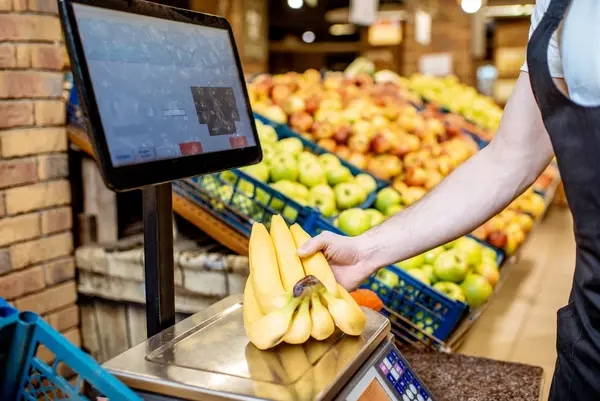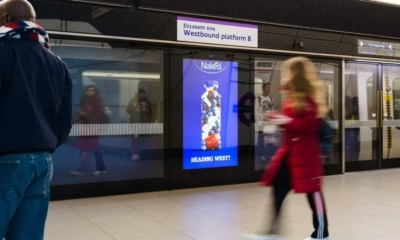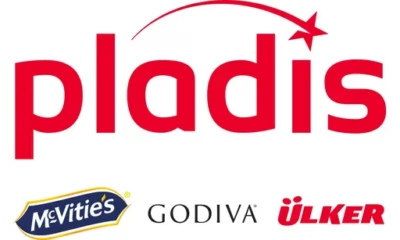Tech & E-Commerce
GenAI Boosts Efficiency and Innovation in Grocery Supply Chain

Transforming the Grocery Supply Chain with GenAI
Generative AI (GenAI) is reshaping the grocery supply chain by enhancing efficiency, improving forecasting, and personalizing customer experiences. Retailers now use GenAI to manage inventory, streamline operations, and boost sales.
Key Benefits of GenAI in Grocery Supply Chains
Enhancing Forecasting and Inventory Management
Accurate demand forecasting helps reduce waste and maintain optimal inventory levels. GenAI improves traditional methods by generating actionable insights based on sales trends, weather patterns, and local events. For example, after predicting a product surge, GenAI can suggest restocking strategies or targeted promotions.
Personalizing Customer Experiences
GenAI enhances customer engagement by creating personalized marketing campaigns and product recommendations. By analyzing purchase history and trends, GenAI helps retailers develop custom promotions that align with shopper preferences.
Optimizing Store Operations
Retailers use GenAI to improve workforce scheduling, ensuring the right staff levels during peak hours. By generating dynamic restocking plans and task assignments, GenAI enhances in-store efficiency and improves customer service.
Improving Maintenance and Quality Control
GenAI supports predictive maintenance by creating detailed schedules and visual diagnostics for technicians. This proactive approach minimizes equipment downtime and ensures seamless operations.
Driving Product Innovation
GenAI accelerates product development by designing new packaging ideas, flavor combinations, or eco-friendly solutions. This innovation boosts customer interest and strengthens brand appeal.
Adopting GenAI for Competitive Advantage
To stay ahead, grocery retailers must combine traditional AI with GenAI. This strategic blend enhances forecasting accuracy, automates decisions, and drives creative solutions. By adopting GenAI, businesses can improve their grocery supply chain, ensuring greater efficiency and customer satisfaction.
Explore more industry insights and innovations on this website, click here!





















